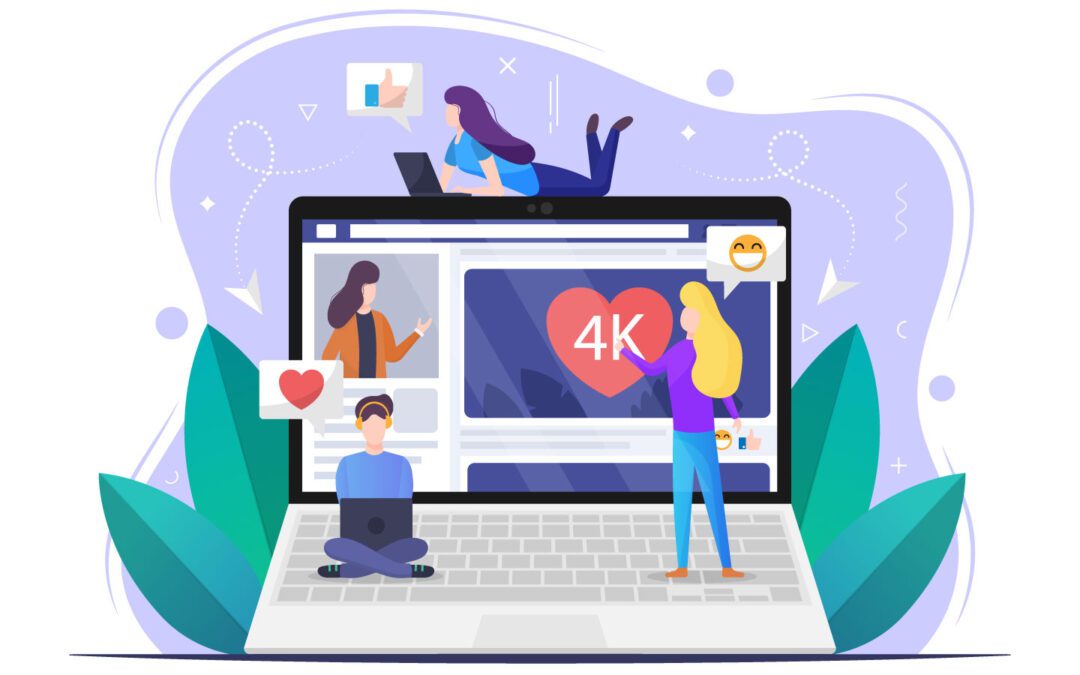
Friday Five: Reasons Why AI Can Never Replace Recruiters
So is the next big thing in recruitment, AI, or Artificial Intelligence? That question surely deserves an answer in the affirmative. AI and Big Data are beginning to have a pervasive impact not just in the recruitment sector, but across sectors – from helping consumers shop better online, to using algorithms for pairing individuals with the most suitable partners through myriad dating platforms. Be it the professional realm, or the personal, AI seems to be making an impact in both. Why then do we claim that AI Can Never Replace Recruiters? Here are our reasons.
-
AI cannot relate, empathize or help candidates with subjective opinions
Just saying the above sentence is enough to substantiate the reason, but it is a case worthy of being made. While AI can conjure clever algorithms and claim to recruit the “perfect” candidate, it lacks empathy. It cannot build a relationship based on trust and guidance to provide the candidate and the potential employer through a meaningful, and indeed, humanized process.
-
AI does not have communication skills, a prerequisite in the field of Recruitment
Or put another way, AI does not have the necessary communication skills to be able to really sell a job. All it can do is provide the user with answers based on algorithms, which are a hundred percent objective. The recruitment experience with AI will lack in sensitivity, and more importantly insights that experienced recruiters have. These insights coupled with excellent communication skills help recruiters help the candidates. At times, candidates may believe that a certain organization is not a good match for them – in which case AI will end the process right there. However, that experience would differ with a recruiter in case he/she is aware that the organization in fact is a good fit for the candidate. In that scenario, the recruiter will then go on to initiate a dialogue with the candidate to give him his perspective, and insights. This depth in connection ensures that the candidate is equipped to make a thoroughly informed choice.
-
AI cannot understand a client’s needs like a Recruiter can
Without the communication skills of a recruiter, AI can never engage with clients the way recruiters do. Recruiters get down to the basics of understanding the culture, background and environment of an organization, and match candidates not just based on skills but also based on values and principles. AI can simplify an elaborate search process in a span of minutes, however, with a lack of engagement with clients, it can never quite attain that “perfect” fit for the client.
-
AI is not as motivated as Recruiters are
It would be a little more than slightly incorrect to say that AI loves what it does. But not for actual recruiters (for most of them at least). And people who love what they do are exceptionally good at what they do. This isn’t just a “quote” from hundreds of successful people all around the world, it is a fact. Being motivated helps recruiters go that extra mile, be flexible, and make that extra effort to help anchor a holistic recruitment process. But can we say the same for AI?
-
AI is not Human
While this is like saying a potato is not an apple, it is at times necessary to stress on the obvious to make a point. This last reason perhaps sums up the four other reasons on why AI can never replace recruiters. AI helps enormously with data and predictions, but at the same time, it is important to understand that the recruitment sector is composed of human beings, and for human beings. How then can machines and AI replace the crucial role of recruiters?
The process of recruitment extends far beyond a “matching” process. It is an enduring process built on the basis of mutual trust, respect and experience. By hoping or attempting to delegate such a delicately nuanced process to AI, there is no doubt that we will lose out on some of the best that the talent pool has to offer recruiters. For recruiters, unlike AI, recruitment is not a black and white process, and not a process of simply ticking off the required skills. It is a deeply humane process, as it should be.
What are your thoughts on this topic? Do you imagine the job industry would be more efficient with AI instead of human recruiters? Let us know your thoughts!https://www.sincera.in/contact-us/




